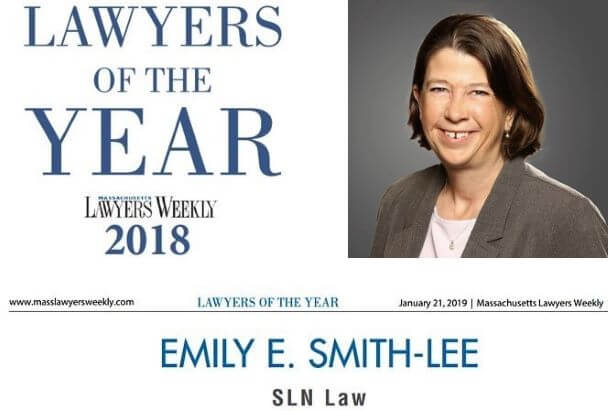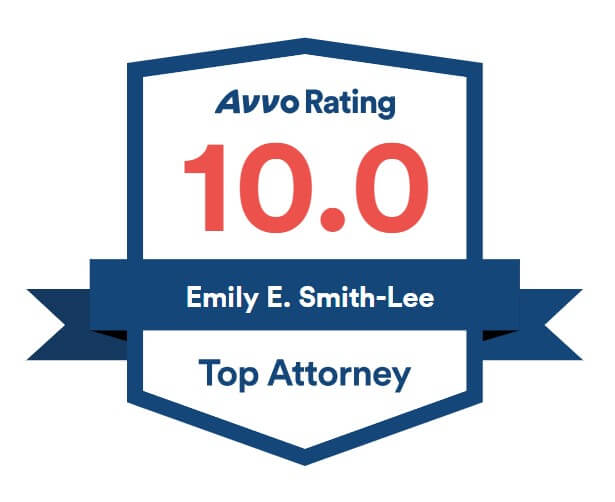Massachusetts Non Compete Agreements
Navigating Complex Non-Compete Agreements in Massachusetts: Legal InsightsNon-compete agreements in Massachusetts have long been under the scrutiny of the courts due to their significant impact on employees' mobility within their chosen professions. With the introduction of a new law in 2018, enforcing these agreements now entails specific requirements.
Yet, it's essential to note that the previous restrictions imposed by courts on enforcement of non competes still apply in certain scenarios, such as agreements signed before the law's enactment or those falling within excluded categories like non-competes within severance agreements or business sales. The terrain of non-compete agreements remains multifaceted. Whether you're contemplating the adoption of a non-compete, evaluating job transitions, or considering their implementation in your business, seeking guidance from an experienced employment lawyer is a wise step. In the interim, explore the information below to gain valuable insights. Unlocking the Essence of Non-Compete AgreementsA non-compete agreement, a legally binding contract between an employer and an employee, is typically inked at the onset of employment. These agreements often stipulate that, for a defined duration following job departure, the employee refrains from working for a competing entity.
Sometimes, non-competes are integrated into comprehensive agreements that encompass non-solicitation and non-disclosure clauses. While these collective components may colloquially be referred to as "non-competes," their restrictions can vary significantly. A bona fide non-compete restricts you from engaging in competitive activities, irrespective of whether they involve soliciting the employer's clients or not. Cracking the Code of Your Non-Compete AgreementChallenging the enforceability of a non-compete is feasible on several grounds. Nevertheless, comprehending the agreement's specific terms is crucial, as they might be upheld verbatim. Whether you're pondering the endorsement of a new agreement or weighing career transitions, consider these key aspects:
What's in It for You? Consideration for Signing a Non-CompeteWhen requested to sign a non-compete, you should receive valuable consideration or benefits in exchange for your agreement. Post-2018, the law explicitly mandates "fair and reasonable consideration independent from the continuation of employment." Although the statute doesn't precisely delineate what this entails, it should extend beyond a mere token gesture and deliver tangible benefits such as a salary increase, bonus, equity, or other valuable perks.
Deciphering Enforceability: Will a Court Uphold Your Non-Compete?The enforceability of your non-compete hinges on various factors, including the date of agreement signing, your job role, your tenure with the employer, and the specific terms outlined in the agreement. While the 2018 law aimed to provide clarity, ascertaining enforceability often necessitates consultation with a seasoned employment lawyer.
For an in-depth comprehension of non-compete enforcement in Massachusetts, delve into these resources:
|
We're Here to Help.OR
|
Questions About a Non Compete Agreement?
Our Solutions Roadmap is a quick and easy way to share the details of what you are facing and receive preliminary feedback from a member of our team. Use the button below to get started- it is 100% confidential and 100% free.
Meet Our Employment Lawyers

Emily Smith-Lee is the owner and founder of slnlaw. She is a 1996 graduate of Boston College Law School. She was previously a partner at the Boston office of a large international firm, where she worked for thirteen years before starting the firm that became slnlaw in 2009. She has been recognized as a Massachusetts Superlawyer each year since 2013, and in 2018 earned recognition as one of Massachusetts Lawyers Weekly's Lawyers of the Year. She has written a book on employment law: Rules of the Road, What You Need to Know About Employment Laws in Massachusetts, and helped thousands of clients on both the employee and employer side with issues relating to wage and hour laws, including overtime pay, late or unpaid wages or commissions, employee misclassification, and retaliation against employees asserting rights under the wage and hour laws.

Rebecca Rogers: Rebecca is a 2006 graduate of Boston College Law School, and has worked with slnlaw since 2013. She previously worked as an intellectual property litigation attorney for Fish & Richardson in Boston, Massachusetts, and clerked for the Massachusetts Supreme Judicial Court. Rebecca has helped clients with wage and hour disputes, including employee misclassification, late or unpaid wages or commissions, retaliation under the Wage Act, and advice to both employees and employers about wage and hour law compliance.

Jenna Ordway: Jenna is a 2013 graduate of Quinnipiac Law School, and also earned an LLM in Taxation from Boston University in 2015. She has been affiliated with slnlaw since 2011, first as a law clerk and then as an attorney. Jenna has been recognized since 2019 as a "Rising Star" by Massachusetts Superlawyers. Jenna has helped clients assess their rights under the wage and hour laws, including employee misclassification, untimely payment of final wages, late or unpaid commissions, retaliation, and advice to small business owners about wage and hour law compliance.

Elijah Bresley: Eli is a 2014 graduate of Seton Hall Law school, and has worked with slnlaw since 2020. He previously worked for a boutique employment law firm outside of Boston, and then for the Labor and Employment department of a large Boston firm. He also spent a year clerking for the judges of the Superior Court in Hartford, Connecticut. Eli has helped clients with wage and hour claims, including late or unpaid commissions, retaliation, employee misclassification, and overtime, and litigated these claims in state and federal courts. He also advises employers about employment policies and wage and hour compliance.

Sharleen Tinnin: Sharleen is a 2010 graduate of Northeastern University School of Law, and has been with slnlaw since 2023. Prior to joining slnlaw, she worked with King, Tilden, McEttrick & Brink, P.C. on complex civil litigation matters. She previously worked for the United States Department of Justice, and received an "Excellence in Justice" award in 2017. Sharleen has helped clients with multiple wage and hour issues, including retaliation, misclassification, and late or unpaid wages or commissions, and litigated these claims in state and federal courts.
How We Can Help
Our employment lawyers can help you navigate these issues and get clarity on your rights and obligations under your non compete. We can also help you respond if you have been served with a lawsuit or a cease and desist letter. You can use the button below to schedule a call back from a member of our team, or give us a call at 781-784-2322.
|
Emily Smith-Lee Rated by Super Lawyers loading ... |
Jenna Ordway
Rated by Super Lawyers loading ... |


